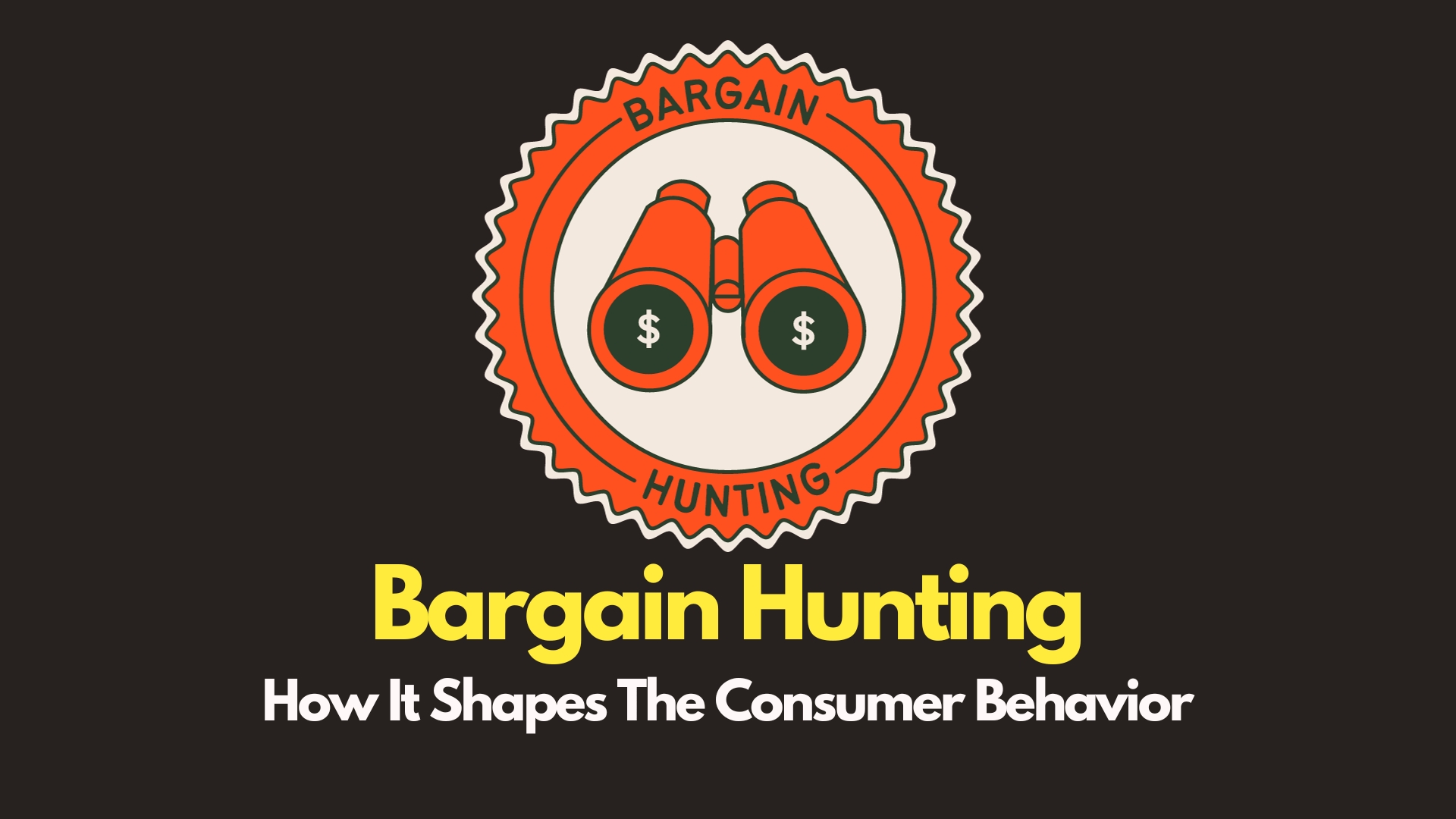Published
- 4 min read
The Psychology of Bargain Hunting

Key Takeaways:
- Bargain hunting is driven by a mix of financial and non-financial motives, including the thrill of the hunt and the sense of achievement.
- Retail strategies must cater to the bargain hunter’s mindset, balancing pricing, promotions, and the shopping experience.
- Understanding the varied behaviors of bargain hunters can help businesses tailor their marketing and sales approaches for maximum impact.
Introduction
Bargain hunting is a complex consumer behavior that goes beyond the simple desire to save money. At Gufito.com, we’re committed to dissecting the multifaceted nature of this phenomenon. From the excitement of finding a great deal to the strategic approaches of seasoned discount seekers, analyzing the mindset and behavior of consumers who seek out bargains reveals a tapestry of psychological triggers and economic factors.
The Bargain Hunter’s Mindset
Bargain hunters are not a monolithic group; they come with diverse motivations and strategies. Some are driven by the economic necessity of stretching a tight budget, while others relish the challenge and excitement of the hunt. There’s a unique satisfaction in securing an item for less than its perceived value, which can be as enticing as the financial savings themselves.
Financial vs. Non-Financial Motives
While saving money is an obvious incentive, non-financial motives play an equally significant role. The joy of finding a bargain, the feeling of outsmarting the system, and the sense of competition are powerful drivers. Bargain hunting can be a leisure activity where the process is as rewarding as the outcome.
The Role of Emotions in Bargain Hunting
Emotions are at the core of bargain hunting. The thrill of the chase and the euphoria of a successful find can be addictive. Retailers often capitalize on this by creating a sense of urgency through limited-time offers or exclusive deals, which can be found in the psychology of discounts.
Bargain Hunting Behaviors
Bargain hunters exhibit a range of behaviors, from the casual coupon clipper to the dedicated deal seeker. Understanding these behaviors is crucial for businesses looking to attract and retain these savvy shoppers.
The Strategic Search
Bargain hunters often employ a strategic approach to shopping, allocating their time and attention to products and categories that matter most to them. They’re adept at using tools and technologies to compare prices and are likely to be influenced by the perceived value of discounts and deals.
Gender and Bargain Hunting
Gender can influence bargain hunting behaviors. Studies have shown that men and women may approach the search for deals differently, with gender roles and societal expectations playing a part. Retailers should consider these differences when crafting their marketing strategies, as discussed in the article on male gender role beliefs and coupon use.
Retail Strategies for Bargain Hunters
Retailers must navigate the complex landscape of bargain hunting by offering the right mix of pricing, promotions, and shopping experiences. They need to understand the balance between price sensitivity and the shopper’s desire for a good deal.
Pricing Strategies
Dynamic pricing strategies can be effective, but they must be carefully managed to avoid alienating consumers who are adept at price comparison. Retailers face the challenge of setting prices that appeal to bargain hunters without sacrificing profit margins.
Promotions and Discounts
Promotions such as coupons, flash sales, and loyalty programs are tools retailers use to attract bargain hunters. The key is to create offers that feel exclusive and time-sensitive, prompting immediate action from consumers.
Enhancing the Shopping Experience
For many bargain hunters, the experience is as important as the savings. Retailers can enhance this by curating a shopping environment that feels like a treasure hunt, offering both the thrill of discovery and the satisfaction of a good deal.
Conclusion
Bargain hunting is a nuanced activity with layers of psychological and economic implications. By understanding the mindset and behavior of consumers who seek out bargains, businesses can develop targeted strategies to engage and satisfy these shoppers. Whether through pricing, promotions, or the overall shopping experience, the goal is to create a value proposition that resonates with the bargain hunter’s desires and expectations.